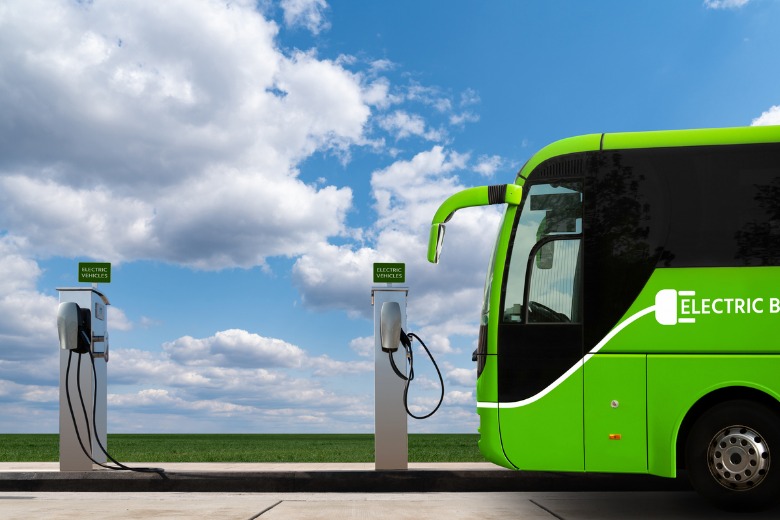
Queensland is adding 17 new electric buses to its public transport fleet.

The state’s public transit agency Translink has worked with metropolitan bus operator Transdev to order the buses, which will be progressively rolled out across the network.
The first buses are scheduled to start operating in Brisbane’s eastern suburbs in February.
“These 17 new electric buses will play a key role in helping us hit our emissions reduction targets, so it’s great to see the rollout is about to begin,” transport and main roads minister Mark Bailey said in a statement.
The minister said from 2025, all new buses on the South East Queensland urban network will be zero-emission, with regional implementation set to begin between 2025 -2030.
Locally built and powered
The 43-seat, dual motor, 300kW power, 12.5m Volvo BZL buses, are being built locally at a manufacturing facility on Brisbane’s northside.
They will be powered by locally sourced solar from a 235 panel array at Transdev’s Capalaba deport.
“Major depot work is underway now including cabling, utilities and new vehicle chargers to set us up for our electric and hydrogen-based future,” Transdev Queensland Managing Director Mark McKenzie said.
“We hope the work we are doing with Translink provides an indicator of suitable specifications for operators moving to zero-emission buses in the future.”
The addition of the 17 new buses means one fifth of the Transdev fleet will be zero-emissions.
Australia’s first 100 per cent sustainably powered full-size electric bus began operating in Redlands, east of Brisbane, in April 2021.
Comment below to have your say on this story.
If you have a news story or tip-off, get in touch at editorial@governmentnews.com.au.
Sign up to the Government News newsletter